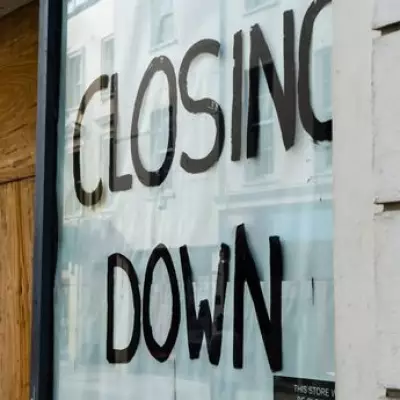
The ticking time bomb beneath Britain's state pension system is getting louder, with new analysis suggesting millions of workers may need to rethink their retirement timeline.
The Accelerating Timeline
Recent government considerations point toward bringing forward the state pension age increase to 68, potentially affecting anyone currently under 47. This would represent one of the most significant shifts in retirement planning in decades.
The Department for Work and Pensions (DWP) faces mounting pressure as life expectancy changes and economic factors create a perfect storm for pension funding. What was once considered a distant concern is now becoming an immediate reality for mid-career professionals.
Who Stands to Be Affected?
The generation gap in retirement planning has never been wider. While those approaching retirement now may escape the changes, younger workers face the prospect of:
- Working at least three years longer than originally planned
- Having less time to adjust their financial preparations
- Facing uncertainty about future further increases
The Economic Reality Behind the Changes
Several factors are driving this potential acceleration:
- Changing life expectancy patterns post-pandemic
- Increasing pressure on public finances
- The growing number of pensioners relative to workers
- Economic uncertainty affecting long-term forecasts
The government maintains that regular reviews ensure the system remains sustainable for future generations, but critics argue the pace of change leaves little time for adjustment.
What This Means for Your Retirement
Financial advisors are urging workers to take proactive steps:
Don't rely solely on the state pension - private pension savings have never been more crucial. The potential changes highlight the importance of having multiple income streams in retirement.
With the final decision expected in the coming months, millions of Britons are watching closely, knowing that their golden years may be arriving later than they'd hoped.






